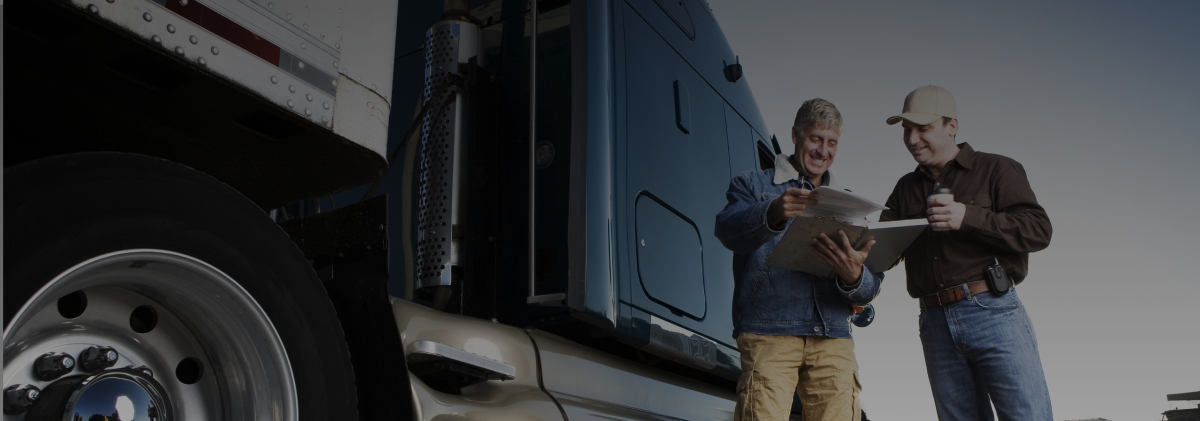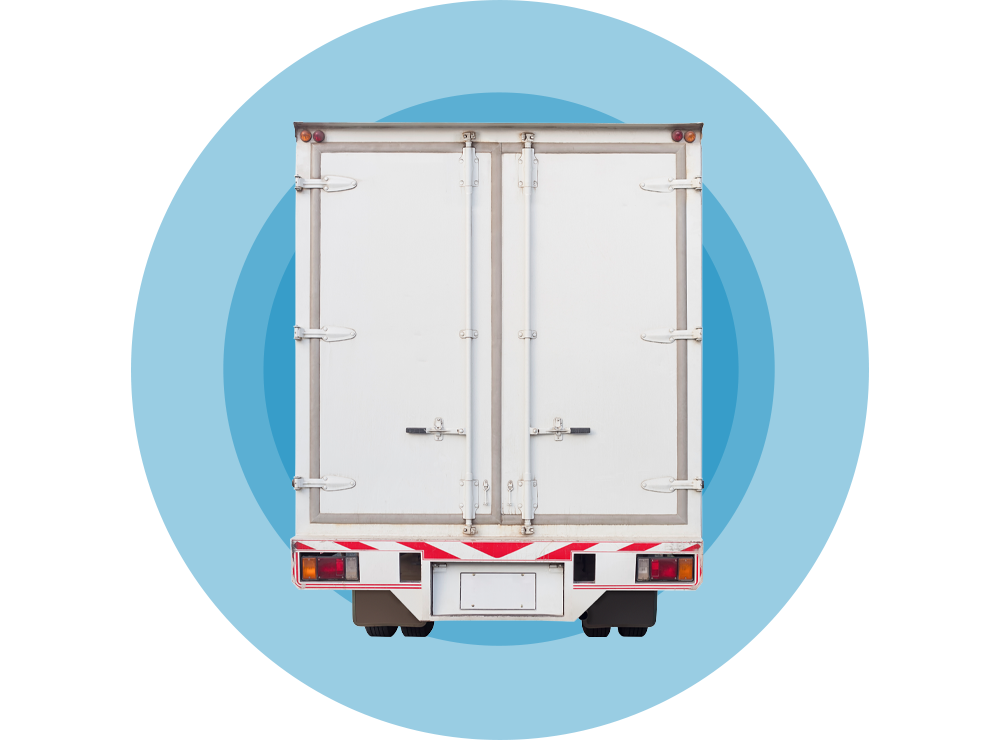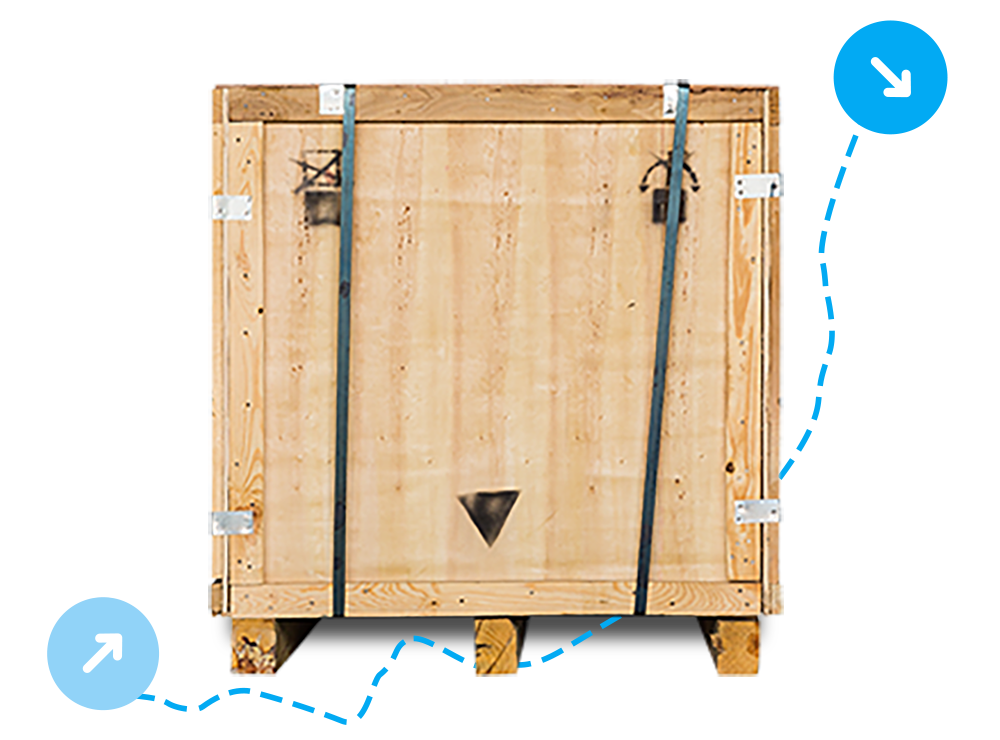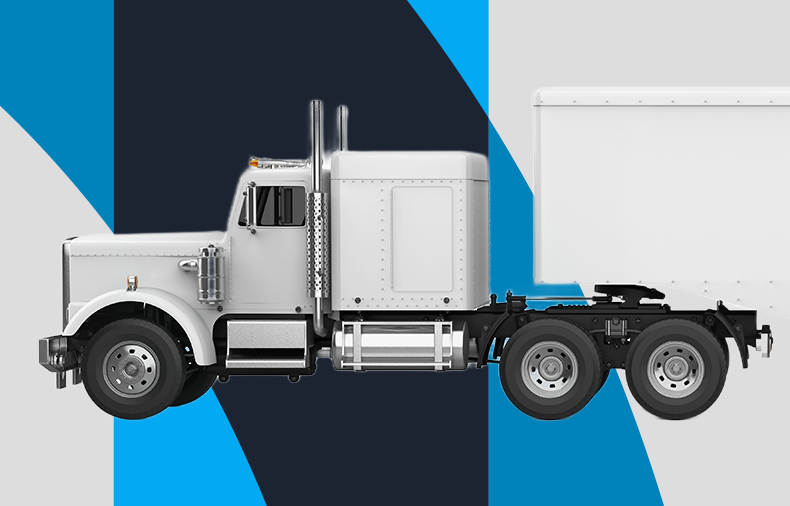
MASTER ACCESSORIALS FREIGHT FEE
Stop overpaying for freight accessorials. Learn how loading fees, special handling, and other add-ons affect your shipping budget—and how to control costs.
Optimize your logistics now! Efficient and Convenient Shipping
Efficient and Convenient Shipping Competitive Pricing
Competitive Pricing Extensive Transporter Network
Extensive Transporter Network Enhanced Transparency
Enhanced Transparency5/5
Jim
"We have been working with uShip since 2013 and have always been satisfied with the results."
5/5
Liz
"It was relatively easy to find a shipper and payment was pretty seamless."
5/5
Nate
"My shipper was great! On time both for pick up and drop off would highly recommend."
5/5
Brian
"I can find that hard to deliver item a dependable driver and research their past feedbacks on the platform."
5/5
Jason
“My truck was delivered in pristine condition, and I easily released payment to shipper via uShip's website and that was it! So easy.”
5/5
Jaime
“In every interaction with the team members they have gone above and beyond to ensure I was satisfied with the results.”
5/5
Rebecca
"Our boat arrived in perfect condition."
5/5
Jonathan
"Have used uShip twice to ship a motorcycle purchased out of state. The entire experience has been top notch each time."
5/5
Sheleigh
"Super easy and quick! Very pleased! I will certainly use this platform again."
5/5
Stephen
"uShip provides a service that is unlike anyone else on the planet and I am thankful for it!"
5/5
Alaina
"Wonderful service!!!!! Felt safe and comfortable with how they do payments too! Shipment went better and quicker than expected!!"
5/5
Tony
"The delivery went without a hitch and I cannot say enough good things about the shipper!"
UNDERSTANDING ACCESSORIALS FREIGHT CHARGES
Accessorial freight charges are extra fees carriers apply for additional services like liftgates, unpacking, or detention. These costs aren’t part of the base rate and appear on your freight invoice. Knowing these charges helps you budget better and avoid unexpected fees.
REASONS FOR ACCESSORIAL FREIGHT CHARGES
Accessorial freight charges must be paid in addition to the standard freight. Here are some common reasons for accessorial charges:
Billing errors:
Incorrect details on the bill of lading (BOL) can result in administrative fees. Double-check for accuracy to avoid these preventable charges.
Delivery delays:
If a shipment misses its scheduled window, redelivery or rerouting can lead to additional costs.
Specialized equipment fees:
If a shipment requires specific equipment that wasn’t listed on the BOL, extra charges may be required.
TYPES OF ACCESSORIAL SERVICE
The fee charged is either a flat fee or charged based on the time it takes for the specialized service to be completed. Since added fees are inconvenient and can add to the overall time in shipping, it is important to know about the common types of freight accessories.
Truckload Accessorial Fees for Carriers
- Detention: If a shipment is delayed beyond standard loading/unloading time, detention fees apply.
- Additional stop: Multi-stop shipments can incur extra costs due to added delays.
- Truck ordered and not used (TONU): TONU is usually added to a contract clause. However, if a truck is scheduled but not utilized, a cancellation fee may be charged.
- Layovers or redelivery: If a shipment isn't picked up or delivered on time, additional fees apply.
LTL Additional Charges
- Liftgate: If a facility lacks a dock, a liftgate is needed—leading to extra fees. Lift gates are not on all trucks, so it must be specified at the outset if a shipment needs one.
- Reclassification and reweigh: Inaccurate dimensions on the BOL can result in costly reclassification.
- Sort/seg: A sort / seg accessorial fee is what happens if a palletized shipment needs to be broken up and redistributed. There is a fee if freight has to be moved from one pallet to another. This typically occurs at bonded warehouses, cold pack storage centers, or big box retailer distribution centers.
- Inside delivery: Special handling for indoor deliveries often incurs additional costs, due to additional equipment needs.
- Overlength charge: Freight exceeding a carrier’s standard length limit will trigger a surcharge.
- Limited Access or Residential pickup/delivery: Locations that don’t have direct access such as, residential, hospital, or church deliveries may require extra coordination and fees.

AVOID ACCESSORIAL CHARGES WITH USHIP
Transparency and efficiency are what we focus on to make sure you don’t encounter any unexpected accessorial charges as part of the uShip experience. We make sure you are aware of all potential fees as we clearly outline what you can expect to pay at each step of the way. uShip connects you with reliable carriers who are dedicated to getting your LTL shipments to you on time and on budget, minimizing your risk of added costs. Choose uShip for hassle-free shipping!

Get Started Today
Sign up with uShip for transparent pricing and avoid unexpected charges
Start Your Free ListingRELATED LTL SHIPPING GUIDES
Check out these comprehensive guides we’ve curated to help you master your LTL shipping knowledge and simplify your logistics!
COST TO SHIP
Knowing how the LTL shipping costs work will allow you to make educated decisions. Several elements can impact pricing, including:
- Shipment weight
- Distance traveled
- Freight class
- Accessorial charges
- Seasonal demand


LTL Shipping at a Low Cost is Just a Click Away
Visit uShip to compare rates and find your ideal option
Get Started Here




